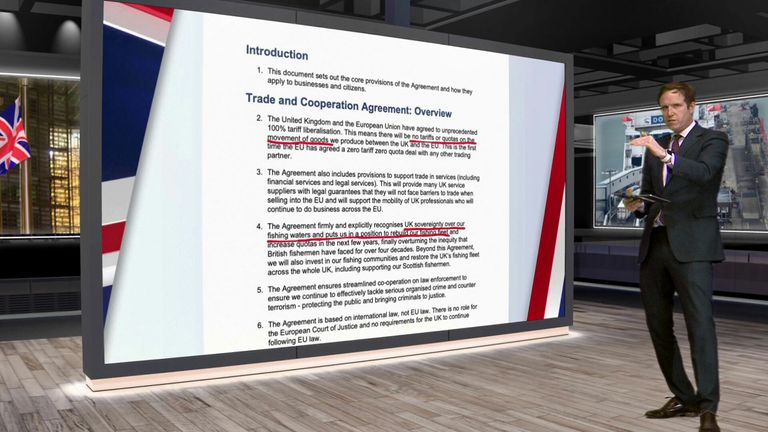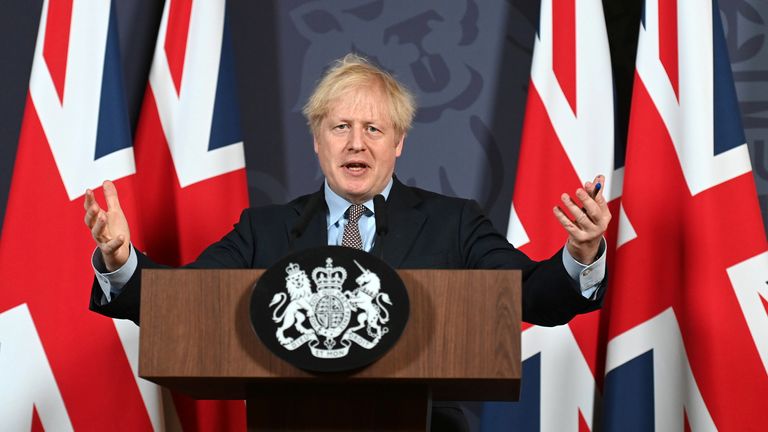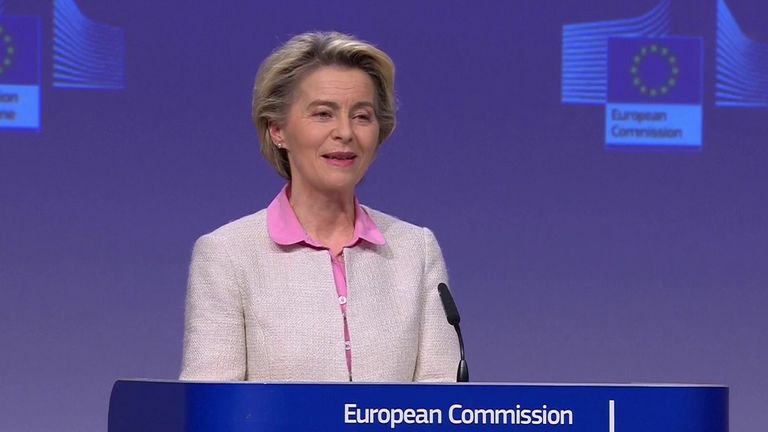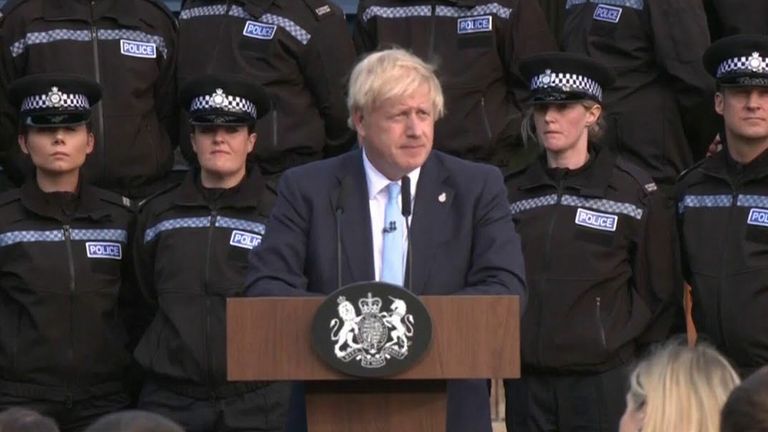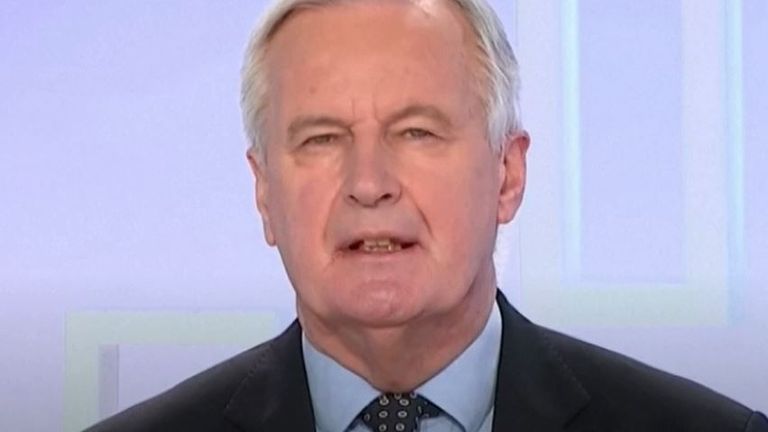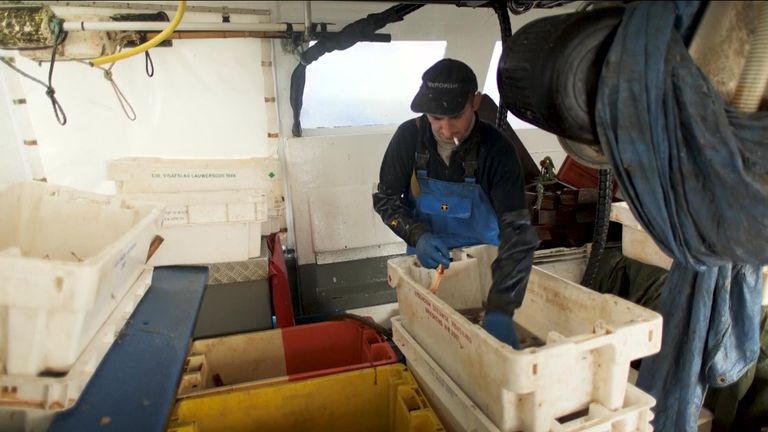Boris Johnson will claim the Brexit trade deal agreed on Christmas Eve represents “not a rupture but a resolution” of relations between the UK and Europe, as he urges MPs to back the legislation that will put it into law.
The government intends to pass the EU Future Relationship Bill through parliament at break-neck speed on Wednesday, completing all stages of the process in both the House of Commons and House of Lords in a single day.
That timetable has been criticised by some MPs, who argue legislation of such significance should be subject to much greater parliamentary scrutiny.
Opening the debate, the prime minister is expected to say: “Those of us who campaigned for Britain to leave the EU never sought a rupture with our closest neighbours.
“We would never wish to rupture ourselves from fellow democracies beneath whose soil lie British war graves in tranquil cemeteries, often tended by local schoolchildren, testament to our shared struggle for freedom and everything we cherish in common.
“What we sought was not a rupture but a resolution, a resolution of the old and vexed question of Britain’s political relations with Europe, which bedevilled our post-War history.
“First we stood aloof, then we became a half-hearted, sometimes obstructive member of the EU.
“Now, with this bill, we shall be a friendly neighbour – the best friend and ally the EU could have – working hand-in-glove whenever our values and interests coincide while fulfilling the sovereign wish of the British people to live under their own laws, made by their own elected Parliament.
“That is the historic resolution delivered by this bill.”
The Commons is expected to spend five hours debating the 80-page bill, then the House of Lords will debate late into the evening.
If the bill is passed by Parliament the UK-EU trade agreement will come into effect after 11pm on Thursday evening.
It comes after the once-rebellious Brexiteer wing of the Conservative party indicated they would back the government.
A legal opinion set out by the “star chamber” of lawyers for the European Research Group concluded “the Agreement preserves the UK’s sovereignty as a matter of law and fully respects the norms of international sovereign-to-sovereign treaties”.
Conservative MP Andrew Bridgen told Sky News “to a man and a woman the ERG will support the deal”.
“The prime minister could have capitulated and had a deal weeks ago – but he stuck to his guns, and in the end it was the EU that moved and gave us an FTA that respected our sovereignty and did not cross any of the red lines”, he added.
Labour Leader Sir Keir Starmer has also instructed his MPs to vote in favour of the deal, arguing the alternative would be a no-deal Brexit, though several are expected to vote against.
Labour are also planning to seek amendments to the bill that would require the government to provide twice-yearly economic impact assessments of the trading relationship.
Sir Keir is under pressure from senior backbenchers, including the former shadow chancellor John McDonnell, Clive Lewis and Ben Bradshaw, who have called on him to rethink his position and oppose the bill.
But with little chance of a substantial Conservative rebellion, and with Labour’s support unlikely to change, the bill is almost certainly going to be passed into law.
However, the DUP – who support Brexit in principle – have said they will not vote in favour of the trade deal due to concerns Northern Ireland remains tied to the EU more closely than the rest of the UK.
The party’s Brexit spokesman, Sammy Wilson, told Sky News the speed at which the government was attempting to pass the legislation meant scrutiny would be insufficient.
“My fear is we’ll push this through in haste and repent at our leisure for some of the things which we discover later on are in it which don’t deliver.”
The Scottish National Party and Liberal Democrats have also indicated they will vote against the legislation.
While the debate is going on in Westminster, the deal itself will be signed in Brussels by European Commission president Ursula von der Leyen and European Council President Charles Michel before being flown to London for the prime minister to add his signature.

